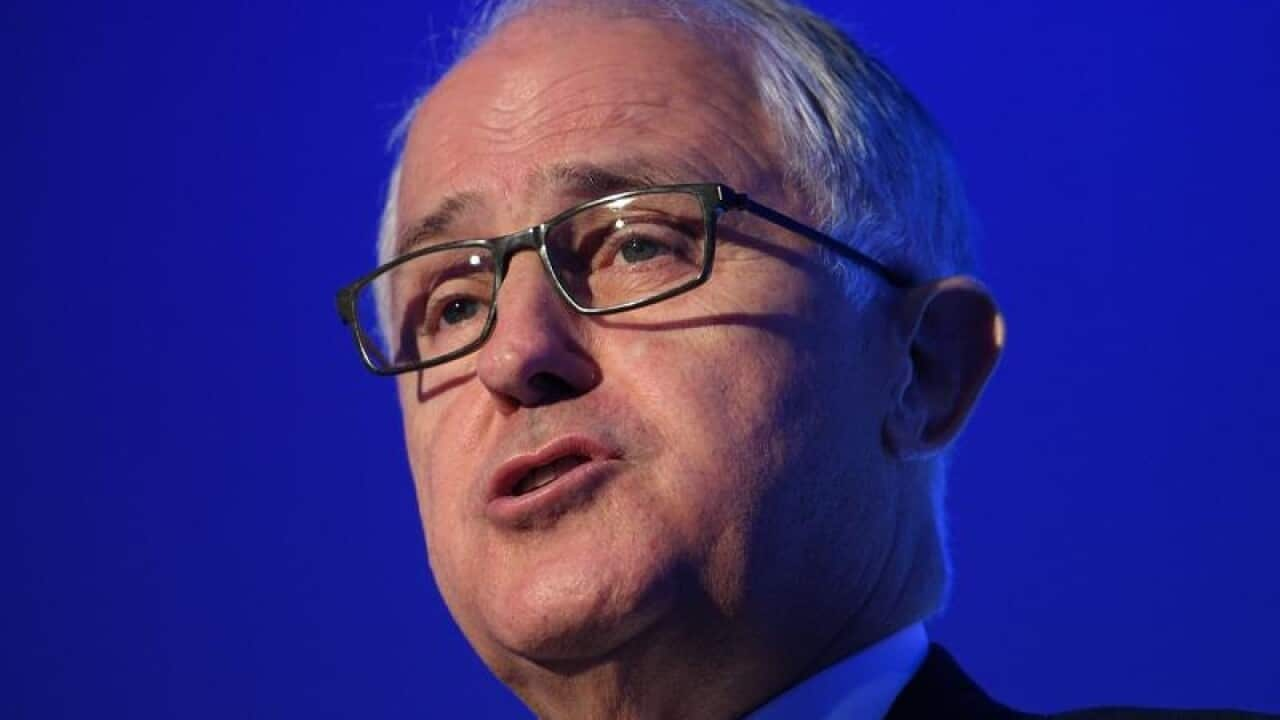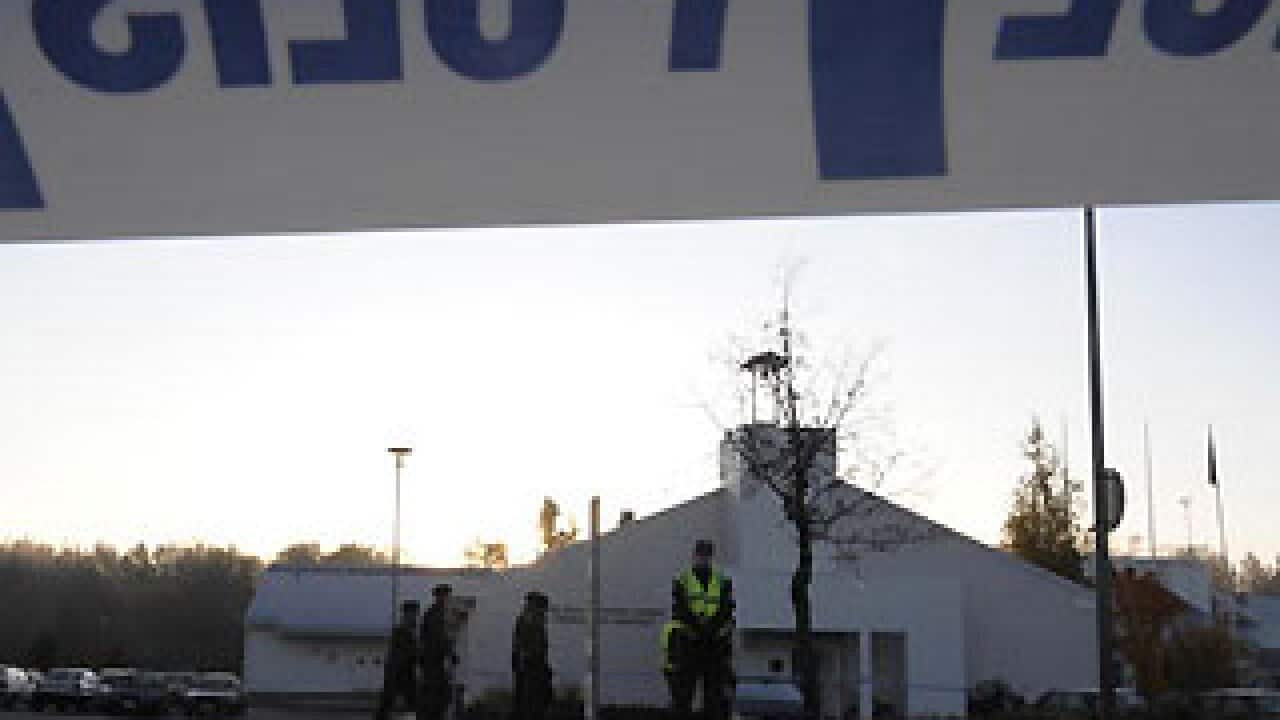About 10:00pm on Sunday local time, retired accountant Stephen Paddock, 64, rained rapid fire from the 32nd floor of the Mandalay Bay and Casino on thousands of concertgoers watching Jason Aldean during the three-day country music festival, the Route 91 Harvest Festival.
Fifty-nine people were killed and 527 people were injured, prompting debate over the US gun laws.
While there are varying degrees of gun control in the US, its Constitution protects the right to bear arms.
The Second Amendment of the US Constitution states: "A well-regulated militia, being necessary to the security of a free State, the right of the people to keep and bear Arms, shall not be infringed."
As of 2016, no federal laws banned semi-automatic assault weapons, military-style .50 calibre rifles, large-capacity ammunition magazines or handguns.
According to Gunpolicy.org, a website that monitors gun policy around the world run by the University of Sydney, the total number of privately owned guns in the US was 310,000 - more than the country's population.
The states of Louisiana, Mississippi and Arizona have some of the weakest gun laws. While the states of California - where 14 people were shot dead in a mass shooting at Inland Regional Center in San Bernadino in 2015 - Connecticut, New Jersey and New York have the most stringent.
California, New York and New Jersey ban sales of more than one handgun in 30 to 90 days, with slight variations between them.
US President Donald Trump appeared to open up the debate on whether to tighten the country's gun control on Tuesday local time, telling reporters outside the White House that "we'll be talking about gun laws as time goes by".
But some analysts are more sceptical. Melbourne School of Government's US political researcher James Cahill told SBS World News shootings like the one on Sunday in Las Vegas would have to occur more frequently for the US government to take action.
"America seems to have made peace with a certain level of gun carnage," he told SBS World News.
"I think if this sort of attack became a weekly thing, it would be enough to force change at some point."
Australia
Australia enacted stricter gun laws in the wake of the Port Arthur Massacre in Tasmania in April 1996.
Martin Bryant, then 28, was found guilty of shooting 35 people dead and injuring 23 others at the Port Arthur former prison colony, a popular tourist spot.
It was the deadliest shooting in Australia’s recent history.
One month after the shooting, the Australian government with bipartisan support put a ban on all rapid fire rifles and introduced firearms licensing.
Australia has not had a mass shooting since the country's gun laws were tightened.
The UK
Just weeks before the Port Arthur massacre in Australia, gunman Thomas Hamilton killed 16 children and one teacher in the town of Dunblane, about 70 kilometres north of Scotland's capital of Edinburgh.
The shooting became known as the deadliest mass shooting in the modern history of Britain.
By 1997, the UK government enforced tougher gun laws, which included banning privately owned hand guns, conducting more thorough background checks and providing compensation for gun owners.
In March 1999, the to parliament that 165,353 licensed handguns and 700 tonnes of ammunition had been turned in.
Germany
In March 2009, Tim Kretschemer went on a shooting spree at a school in Winnenden in southwestern Germany, killing 16 - including himself - and injuring nine.
That same year, the German government enforced police inspections of the homes of gun owners, introduced a minimum age to fire a rifle, and tougher fines for not locking weapons away.
Norway
Norway already had tough gun laws when in July 2011, Anders Behring Breivik, known to have far-right views, launched twin "lone wolf" terrorist attacks, killing a total of 76 people.
One of the attacks was a bombing in the centre of the capital of Oslo. The other was a shooting spree on Utoya Island, just north of Oslo, which killed 68 people.
Norway's gun laws in 2009 by insisting that potential gun owners obtain permission from the police and provide a reasonable reason for owning a gun.
Breivik managed to circumvent the country's gun control.
The country has not experienced another mass shooting since Breivik's attack.







